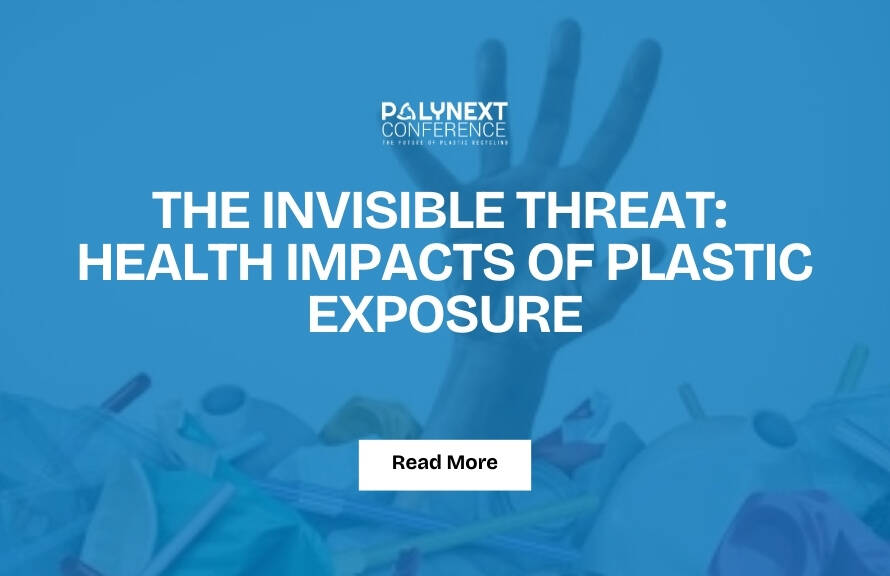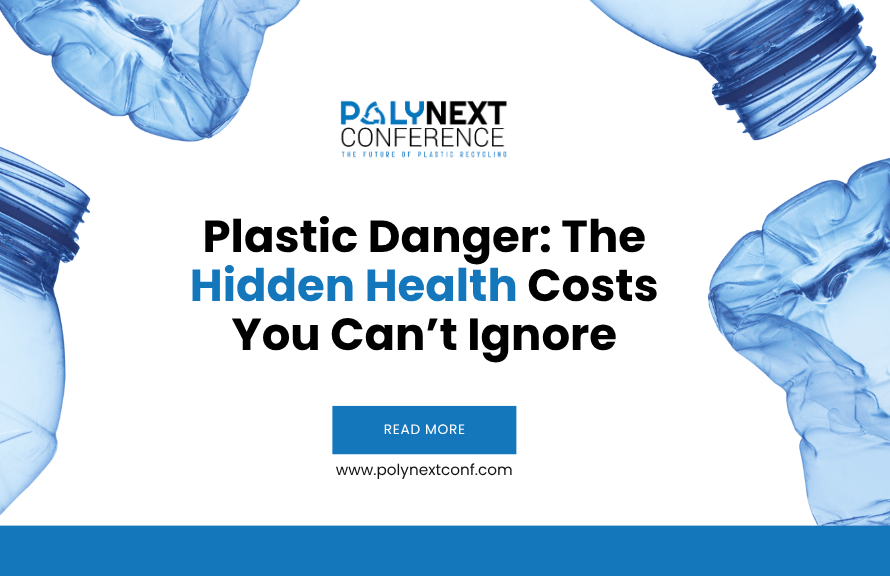Introduction
Plastic pollution isn’t just an environmental issue anymore—it’s a health concern too.
Tiny plastic particles are turning up everywhere—from bottled water to seafood and even household dust. That means human exposure is already happening, often without us realizing it. Recent studies suggest that nanoplastics, the tiniest form of plastic particles, might cross the blood-brain barrier (BBB)—a critical shield that protects the brain from harmful substances. But how serious is this threat?
Emerging research shows that nanoplastics can penetrate the BBB. Both polystyrene (PS) and polyvinyl chloride (PVC) nanoplastics have demonstrated the ability to enter the brain, with PVC showing a higher penetration rate. Interestingly, the formation of a biological corona—a layer of proteins and biomolecules that surrounds nanoparticles in the body—can reduce their brain entry. Still, the potential health effects are concerning, ranging from neurotoxicity to possible links with neurological disorders like Parkinson’s disease. Ongoing studies aim to uncover the long-term risks to human health.
What Are Nanoplastics?
Nanoplastics are plastic particles smaller than 100 nanometers. They form from the breakdown of larger plastics and are found in food, water, and even the air. Because of their size, scientists worry they can infiltrate critical organs—including the brain.
What Does Research Say?
Growing evidence suggests that nanoplastics can indeed breach the blood-brain barrier:
A 2022 study in Chemosphere showed that 50 nm polystyrene nanoplastics entered the brains of mice and increased BBB permeability. This resulted in neuroinflammation and cellular damage.
In Nano Letters, another study reported that inhaled nanoplastics were deposited in the brain, leading to behavioral changes and neural stress.
Most recently, a 2024 ScienceDirect study detected plastic particles in human cerebrospinal fluid, suggesting that micro- and nanoplastics may accumulate in the central nervous system when the BBB is compromised.
Additionally, studies on microplastics—larger but closely related particles—reveal deeper insights:
Environmental Impact: Microplastics can carry toxic pollutants like Bisphenol A (BPA), intensifying harm to aquatic organisms like zooplankton, and affecting coral and fish ecosystems—especially under stressors like warming waters.
Human Health Concerns: Microplastics have been found in human tissues, including the brain and placenta. Their presence is linked to genetic mutations, respiratory conditions, and neurotoxic effects.
Research Gaps: There is a pressing need for standardized testing methods to track nanoplastic toxicity and behavior inside the body. Key unknowns remain around cellular uptake, distribution, and long-term consequences.
Why It Matters
The blood-brain barrier is one of our body’s most important defense systems. If nanoplastics are getting through, they could contribute to neurodegenerative diseases, cognitive decline, and oxidative stress. This potential risk makes plastic pollution not just a visible menace—but an invisible, insidious health hazard.
Conclusion
With mounting evidence that nanoplastics can reach the brain, it’s time to rethink plastic use and waste management. What was once only seen as an environmental issue now poses serious risks to human neurological health. The time to act is now.
The PolyNext Awards & Conference 2025 is a premier global event dedicated to advancing innovations and fostering collaborations in plastic recycling and sustainable packaging. Scheduled for October 1-2, 2025 in Dubai, this conference will bring together industry leaders, innovators, policymakers, and sustainability advocates to address Pressing challenges and explore transformative opportunities in the plastic industry.
Reference
Tech Explorist: Nanoplastics could potentially cross blood-brain barrier




